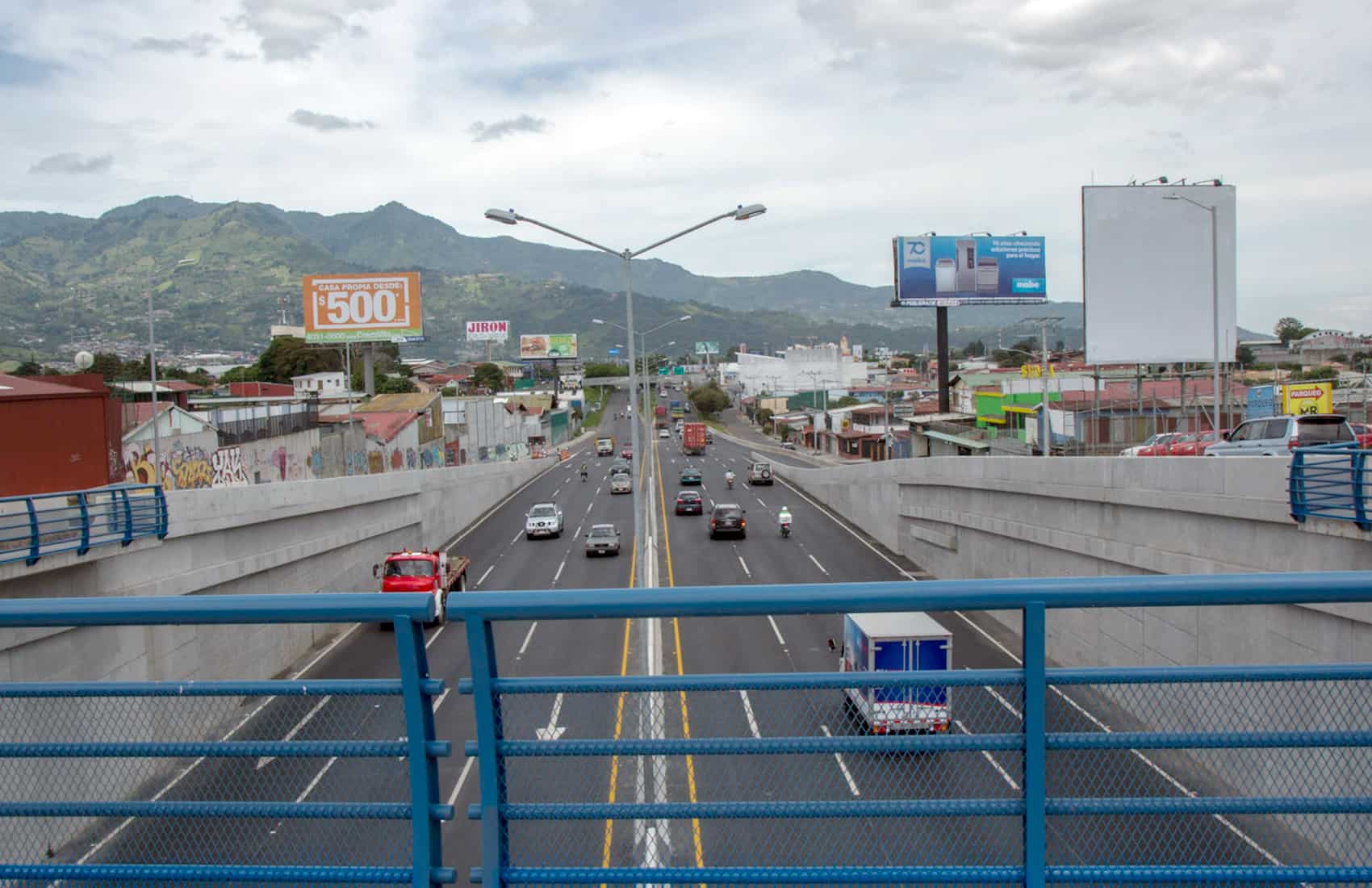Vehicle owners across Costa Rica can now access details and settle payments for the 2026 marchamo, the annual road circulation permit. The Instituto Nacional de Seguros (INS) opened its online system this Monday, in line with legal requirements, allowing drivers to handle the process without delay.
The marchamo covers essential charges like property tax on vehicles, mandatory insurance, and other fees that fund public services. Owners must pay by December 31 to avoid fines, which start accruing from January 1.
To check the amount owed, visit the INS marchamo portal and input the vehicle’s license plate number without hyphens or spaces. Select the vehicle type from the dropdown menu and click consult. The system displays the total due, along with the owner’s name, vehicle make and model, any outstanding balances from prior years, and the assessed value of the car or motorcycle.
For those preferring phone assistance, call the toll-free line at 800-MARCHAMO (800-6272-4266) or 2243-9999. Operators provide the same information and guide users through next steps.
INS also offers a WhatsApp channel at +506 2287-6100. Message the virtual assistant named Kàl to access a menu. Choose option 4 for marchamo inquiries, then select 2 to consult the fee. Follow prompts to enter the vehicle type and plate number, and receive details instantly.
Payments begin at 4 a.m. on digital platforms for early risers. Online options include the INS website, where users can pay directly after checking the amount. Many banks and financial institutions, such as Banco de Costa Rica, Banco Popular, Coopenae, Davivienda, Grupo Mutual, and Mucap, accept payments through their apps, websites, or branches.
In-person payments start at 8 a.m. at INS offices nationwide. Cooperative services like Coopenae-Wink even provide mobile units that travel to communities, offering on-site payment and immediate sticker printing. This setup helps those in remote areas or without easy online access.
Drivers should confirm all pending traffic tickets or inspections before paying, as unresolved issues can block the process. Once paid, owners receive a sticker to display on the windshield, proving compliance for the year.
This year’s rollout follows patterns from recent periods, with no major changes reported in the fee structure. Average costs vary by vehicle type and value, but most passenger cars fall between ₡100,000 and ₡300,000, based on public data from prior years adjusted for 2026 valuations.
Authorities remind owners that anyone can pay on behalf of the registered owner by providing the plate number. This flexibility aids families or those managing multiple vehicles. With the deadline approaching, officials encourage prompt action to prevent last-minute rushes at branches or system overloads online.

